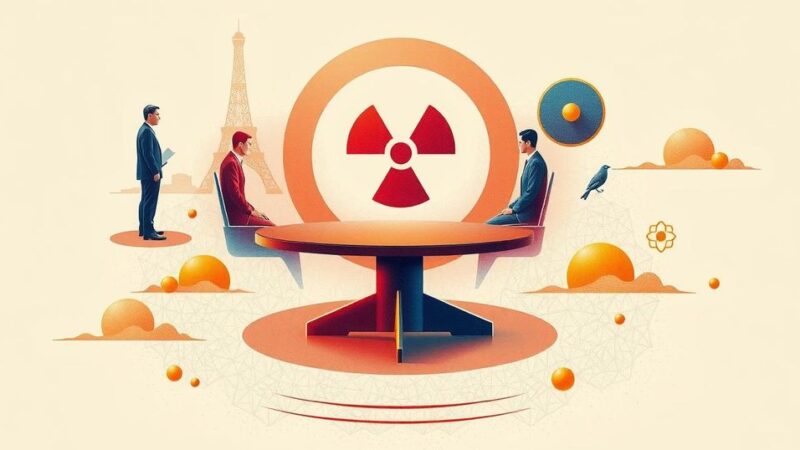Following the killing of Hezbollah’s Nasrallah and IRGC’s Nilforushan, Iran is under pressure from hardliners to respond to Israel aggressively. The government, led by reformist President Masoud Pezeshkian, advocates for restraint to prevent escalation, while hardliner factions criticize this stance as ineffective. The situation is complicated by external threats, including calls from Israel for regime change in Tehran, leading to internal discord on how best to address these security threats without inviting further confrontation.
Following the assassination of Hezbollah leader Hassan Nasrallah and Brig Gen Abbas Nilforushan of the Islamic Revolutionary Guard Corps (IRGC) in Beirut, Iran faces significant pressure to respond decisively. Despite the reformist-led government asserting it will not deploy troops to bolster Hezbollah in Lebanon, hardline factions advocate for a more aggressive stance against Israel, viewing the current government’s restraint as a failure to adequately confront US and Israeli aggression. These dissenting voices have intensified in light of claims that Tehran’s inaction has emboldened Israeli operations in the region. While President Masoud Pezeshkian expressed the need to avoid direct confrontation with Israel to prevent further escalations and US involvement, he simultaneously emphasized that Hezbollah should not be abandoned. He has faced criticism from conservative lawmakers who allege disobedience to the supreme leader’s directives and have accused the government of allowing Israeli aggression to persist without consequences. This internal discord is compounded by the Israeli government’s provocative rhetoric, including calls for regime change in Iran, which further stirs tensions within Iranian society. Iran’s leadership recognizes the need to restore deterrence but is wary of military retaliation that could lead to greater instability. Analysts suggest that escalating military action might undermine Iran’s credibility and military efficacy, pushing it to explore alternative strategies, such as rebuilding Hezbollah’s capacity or considering a pursuit of nuclear capabilities.
The recent decapitation of Hezbollah’s leadership has left Iran in a precarious position, as its government navigates domestic pressures for a stronger response against Israel while attempting to avoid direct military engagement that could escalate into war. The political landscape in Iran is currently fraught with tension as differing factions within the government express divergent views on how to handle the rising threat posed by Israel. Previous assurances regarding ceasefire agreements and the role of Iranian proxies in regional conflicts have further complicated the response strategy, highlighting the delicate balance the Iranian leadership must maintain amidst demands for retaliation and the reality of international alliances.
In summary, the assassination of key Hezbollah figures has amplified internal political conflict in Iran, with hardliners pushing for a more aggressive response while the reformist government seeks to avoid unnecessary escalation. The pressures to assert Iran’s influence in the region against Israel conflict with the desire for stability, leaving Iran with limited and challenging options to re-establish its deterrent capability without risking significant military confrontation.
Original Source: www.theguardian.com






